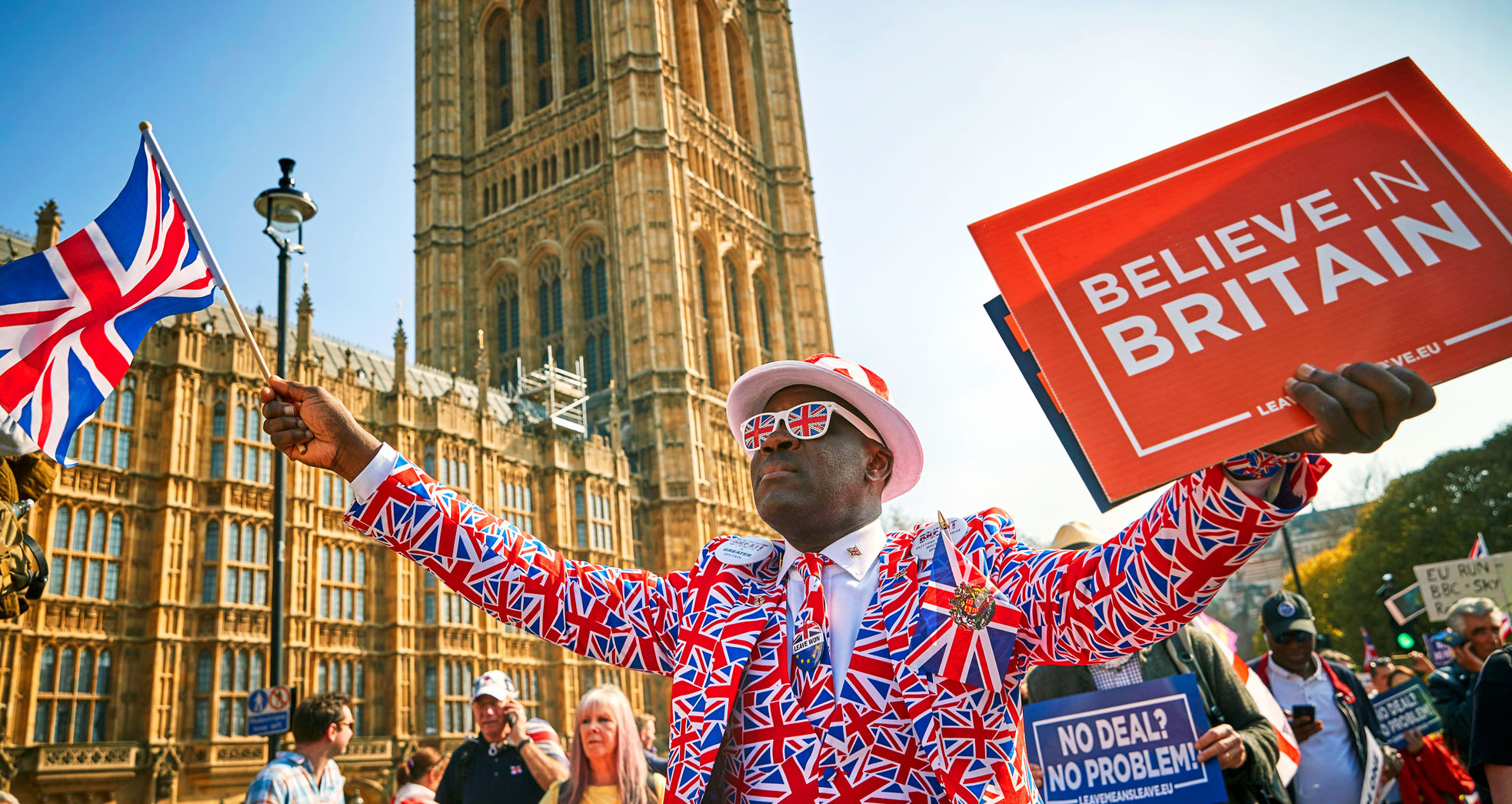Friday is normally a good day to bury bad news. But just before the weekend, we had some rather wonderful news, specifically about the British economy.
It turns out that our GDP is 1.8% bigger than the Office for National Statistics (ONS) had previously reckoned. For an economy the size of the UK’s, that’s a lot of money to find down the back of the statistical sofa.
But we shouldn’t be too hard on the ONS. Nor should we indulge in conspiracy theories. The fact is that the pandemic caused unprecedented disruption to the economy — and therefore to the measurement of the economy. There were always going to be revisions.
That said, this one’s a monster — easily big enough to blow previous media narratives out of the water. Contrary to what we’d been told, the UK is not lumbered with a Brexit-wrecked economy that’s yet to recover to its pre-Covid levels. In fact, we reached the recovery point in late 2021 and have since exceeded it. As Chris Giles of the Financial Times put it, “the UK is not a global outlier anymore” — and as John Burn-Murdoch, also of the FT, added: “vibe shift”.
While the Brexiteers have been enjoying their day in the sun, there’s another group of people with cause to be humble: the diehard fans of Liz Truss, who number more than one might imagine.
This week marks one year since Truss became Prime Minister. It won’t be long before we also mark the anniversary of her spectacular downfall. But with the GDP revision, we can expect the Trussites to present some revisionist histories of their own. “We wuz robbed,” will be the gist of it — robbed, that is, by experts whose unduly pessimistic figures and forecasts puts the skids under her government.
However, it wasn’t the ONS or the IMF that pulled the plug on the mini-budget, but the money markets — and they were spooked by a lot more than the GDP stats. For instance, no one is disputing that our national debt is at levels not seen since the 1960s. Stability concerns are compounded by the fact that the UK is unusually reliant on index-linked gilts — an expensive way to borrow money when inflation is surging.
It was in this environment that the Truss government decided to make tens of billions of pounds of unfunded tax cuts — including some that nobody was expecting. If that wasn’t enough, ministers also decided to muzzle the Office for Budget Responsibility, thereby leaving it for the markets to decide just how sound our public finances were. Once the traders erred on the side of “not very”, Truss was toast.
There’s one final irony here, which is that the GDP revision removes the best excuse for the mini-budget. If the British economy really had been in cardiac arrest, then the defibrillatory stimulus of the Truss tax cuts might have been justified. But given that the economy wasn’t flat-lining, shock therapy was the last thing we needed. The boost to British GDP presents Brexit in a better light, but not Trussonomics.











Join the discussion
Join like minded readers that support our journalism by becoming a paid subscriber
To join the discussion in the comments, become a paid subscriber.
Join like minded readers that support our journalism, read unlimited articles and enjoy other subscriber-only benefits.
Subscribe